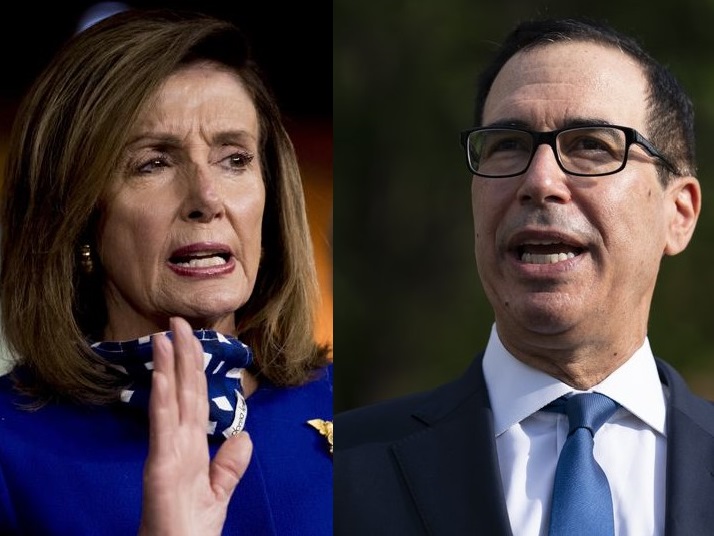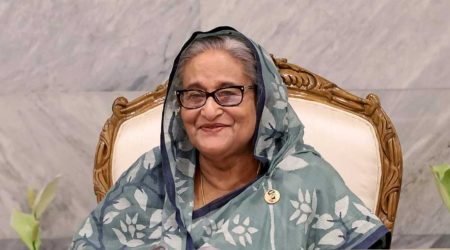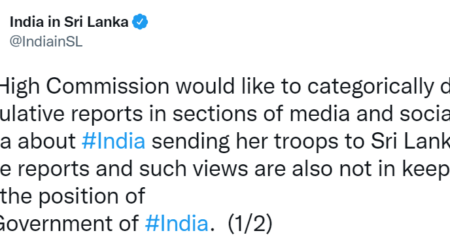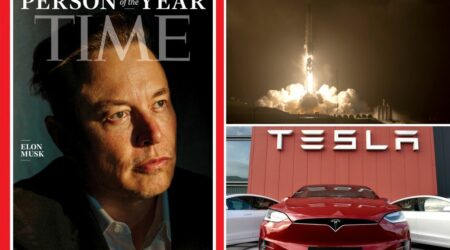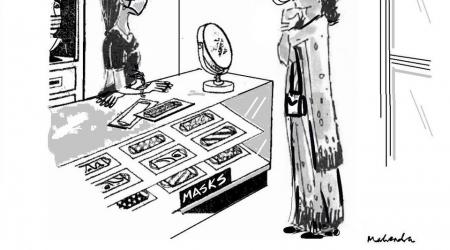Washington: Democrats, Republicans and the White House are nowhere near a compromise corona relief package as enhanced unemployment insurance for millions of out-of-work Americans and protections from evictions run out.
“We are still very far apart on a lot of issues,” Treasury Secretary Steven Mnuchin said after leaving Speaker Nancy Pelosi’s (D-Calif.) office Wednesday night, reported Bloomberg News.
Mnuchin said he and White House Chief of Staff Mark Meadows expect to return to the Capitol Thursday for more talks as the clock winds down on several key elements of the economic stimulus measure passed in March. The two sides have to bridge significant differences between the $1 trillion stimulus plan the GOP released Monday and the $3.5 trillion package House Democrats passed in May.
President Trump on Wednesday dismissed Democratic demands for aid to cash-strapped cities in the latest coronavirus relief package and lashed out at Republican allies as talks stalemated over assistance for millions of Americans. Republicans, beset by delays and infighting, signaled a willingness to swiftly approve a modest package to revamp a $600 weekly unemployment benefit that’s running out. But Speaker Pelosi rejected that approach as meager, all but forcing Republicans back to the negotiating table. Without action, the aid expires Friday.
“We’re nowhere close to the deal,” said White House chief of staff Mark Meadows. He said they’re “miles apart.”
Pelosi said the best way to reopen schools and the economy is to defeat the virus, and that can’t be done with the “skinny” bill Republicans are rushing to cobble together. “They still don’t get it,” she added.
Money for states and cities is a crucial dividing line as local governments plead for help to shore up budgets and prevent deeper layoffs as they incur COVID-19 costs and lost tax revenue in shutdown economies.
Trump complained about sending “big bailout money” to the nation’s cities, whose mayors he often criticizes.
“It’s a shame to reward badly run radical left Democrats with all of this money they’re looking for,” he said at the White House.
Senate Majority Leader Mitch McConnell tried to strike a note of optimism about the talks.
“Many things around here happen at the last minute,” McConnell said on PBS’s “NewsHour” program. “This is only Wednesday, so hope springs eternal that we’ll reach some kind of agreement either on a broad basis or a more narrow basis to avoid having an adverse impact on unemployment.”
Meanwhile, the U.S. economy saw the biggest plunge in activity it has ever known in the second quarter, though it wasn’t quite as bad as feared.
GDP from April to June plunged 32.9% on an annualized basis, according to the Commerce Department’s first reading on the data released Thursday. Economists surveyed by Dow Jones had been looking for a drop of 34.7%.
Still, it was the worst drop ever, with the closest previously coming in mid-1921.
The report “just highlights how deep and dark the hole is that the economy cratered into in Q2,” said Mark Zandi, chief economist at Moody’s Analytics. “It’s a very deep and dark hole and we’re coming out of it, but it’ going to take a long time to get out.”
Sharp contractions in personal consumption, exports, inventories, investment and spending by state and local governments all converged to bring down GDP, which is the combined tally of all goods and services produced during the period.
Personal consumption, which historically has accounted for about two-thirds of all activity in the U.S., subtracted 25% from the Q2 total, with services accounting for nearly all that drop.


